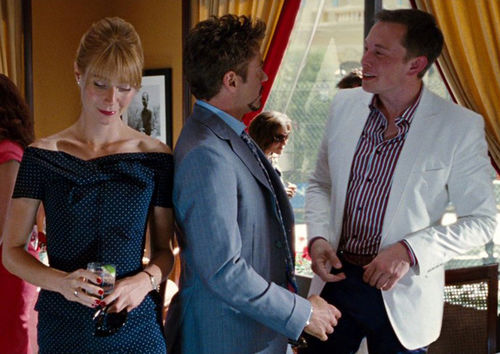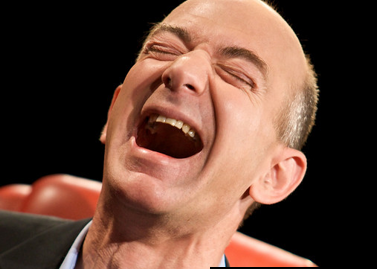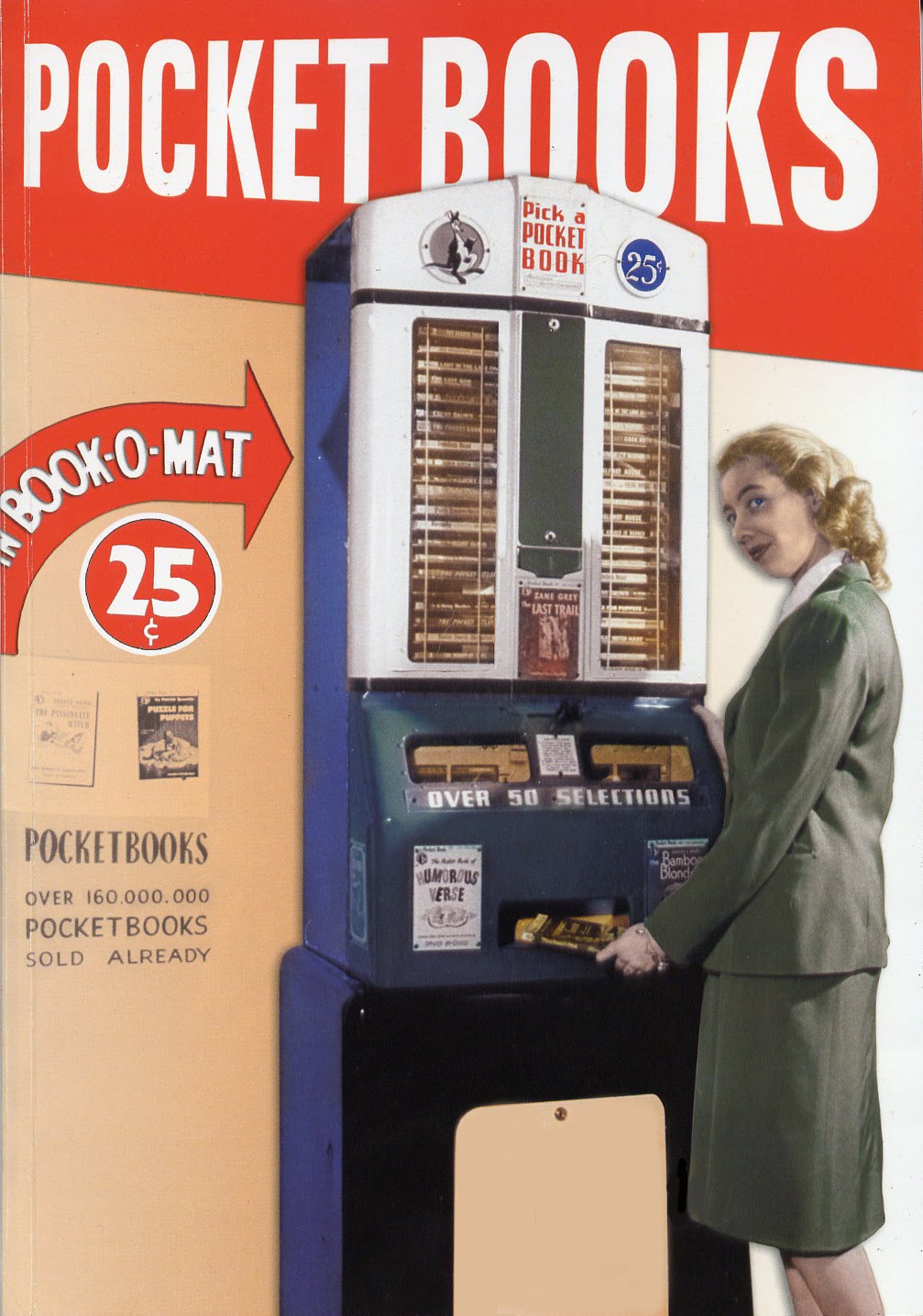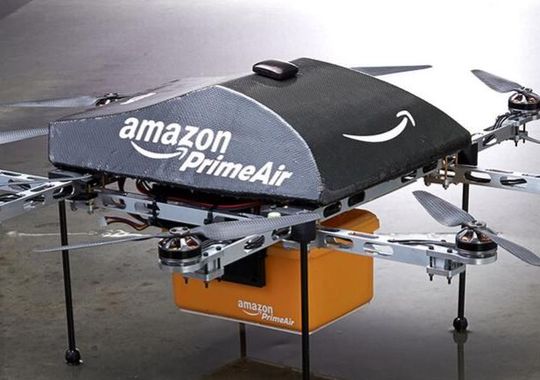If you look through history, great inventors had their breaks from reality–Edison believing he could create a device to communicate with the dead, Marconi thinking he had the ability to exchange Morse Code with Martians. That seems to be part and parcel of large-scale technological dreamers. Elon Musk acknowledges that he’s sometimes given to delusions, but it’s possible that driverless electric cars, the near-term colonization of Mars and the Hyperloop are not among them. Time will tell.
At Recode’s Code conference, Musk announced the autonomous-car challenge essentially solved and commented on this poisonous U.S. political season. He remarked that the President is the “captain of a large ship with a small rudder.” Musk may be working with a smaller vessel, but he believes its rudder world-changing.
From Brad Stone at Bloomberg Technology:
The South Africa-born entrepreneur is known for his unvarnished views on, say, how malevolent artificial intelligence could doom the human race or space exploration being key to humanity’s evolution. Musk — who said he occasionally succumbs to delusion — debated the best form of government (democracy) for a putative Mars colony, and the need for entrepreneurs to start businesses from iron-ore smelters to pizza delivery that can thrive in that planet’s harsh environment. But he also touched on matters far closer to home, including the divisive U.S. elections. Asked about controversial Republican candidate Donald Trump, Musk said no one person had the clout to affect the entire country, not even the Commander-in-Chief.
“I don’t think this is the finest moment for our democracy,” he said. “Being U.S. president is being the captain of a large ship with a small rudder. There is a limit to how much good or bad a president can do.”
Business-wise, Musk welcomed competition in what he called an increasingly crowded electric and self-driving arena, including from Apple Inc., which he expected to begin producing cars in volume by 2020. The iPhone maker however has never confirmed any plans on that front. Google Inc. on the other hand, which has spent years researching and testing autonomous vehicles, posed no direct threat.
“There’ve been so many announcement s of autonomous EV startups. I’m waiting for my mom to announce one,” he said. “Google’s done a good job of showing the potential of autonomous transport, but they’re not a car company.”•





